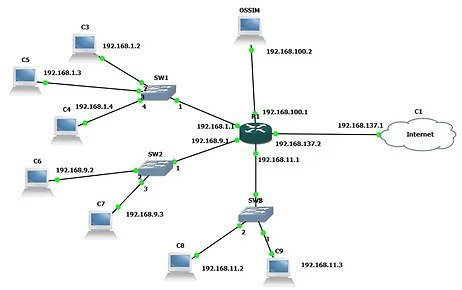
The PCI DSS is defined by the PCI Security Standards Council (PCI SSC). It is a multifaceted security standard that includes requirements for security management, policies, procedures, network architecture, software design, and other critical protective measures. This comprehensive standard is intended to help organizations proactively protect customer account data.
In compliance with PCI DSS, a complementary standard framework for payment applications has been established, called the “Payment Application Data Security Standard (PA-DSS)”. pci-dss requirements
What is PCI-DSS support services in Hyderabad?
PCI-DSS support services in Hyderabad.
The Payment Card Industry Data Security Standard (PCI DSS) is a widely accepted set of policies and procedures intended to optimize the security of credit, debit, and cash card transactions and protect cardholders against misuse of their personal information. The PCI DSS was created jointly in 2004 by four major credit-card companies: Visa, MasterCard, Discover, and American Express.
Who enforces PCI-DSS?
PCI-DSS support services in Hyderabad.
Generally speaking, your merchant bank enforces PCI DSS compliance. The PCI Standards Security Council was formed in 2006 by the major card brands (i.e., Visa, MasterCard, American Express, Discover Financial Services, and JCB International) to regulate, maintain, evolve and promote PCI DSS compliance.
Objectives of PCI-DSS
PCI-DSS support services in Hyderabad.
- A secure network must be maintained in which transactions can be conducted. This requirement involves the use of firewalls that are robust enough to be effective without causing undue inconvenience to cardholders or vendors. Specialized firewalls are available for wireless LANs, which are highly vulnerable to eavesdropping and attacks by malicious hackers. In addition, authentication data such as personal identification numbers (PINs) and passwords must not involve defaults supplied by the vendors. Customers should be able to conveniently and frequently change such data.
- Cardholder information must be protected wherever it is stored. Repositories with vital data such as dates of birth, mothers’ maiden names, Social Security numbers, phone numbers and mailing addresses should be secure against hacking. When cardholder data is transmitted through public networks, that data must be encrypted effectively. Digital encryptionis important in all forms of credit-card transactions, particularly in e-commerceconducted on the Internet.
- Systems should be protected against the activities of malicious hackers by using frequently updated anti-virus software, anti-spywareprograms, and other anti-malwaresolutions. All applications should be free of bugs and vulnerabilities that might open the door to exploits in which cardholder data could be stolen or altered. Patches offered by software and operating system (OS) vendors should be regularly installed to ensure the highest possible level of vulnerability management.
- Access to system information and operations should be restricted and controlled. Cardholders should not have to provide information to businesses unless those businesses must know that information to protect themselves and effectively carry out a transaction. Every person who uses a computer in the system must be assigned a unique and confidential identification name or number. Cardholder data should be protected physically as well as electronically. Examples include the use of document shredders, avoidance of unnecessary paper document duplication, and locks and chains on dumpsters to discourage criminals who would otherwise rummage through the trash.
- Networks must be constantly monitored and regularly tested to ensure that all security measures and processes are in place, are functioning properly, and are kept up-to-date. For example, anti-virus and anti-spyware programs should be provided with the latest definitions and signatures. These programs should scan all exchanged data, all applications, all random-access memory (RAM) and all storagemedia frequently if not continuously.
- A formal information security policy must be defined, maintained, and followed at all times and by all participating entities. Enforcement measures such as audits and penalties for non-compliance may be necessary.
Principles of PCI-DSS
PCI-DSS support services in Hyderabad.
- Build and maintain a secure network.
- Protect cardholder data.
- Maintain a vulnerability management program.
- Implement strong access control measures.
- Regularly monitor and test networks.
- Maintain an information security policy.
Does PCI-DSS apply to processors?
PCI-DSS support services in Hyderabad.
Any cloud-hosted company that processes, accepts, transmits, or stores payment card information must adhere to the PCI DSS irrespective of its size or transaction volume. PCI DSS also applies to merchants, issuers, acquirers, and processors—basically any entity involved in card payment processing.
Conclusion
PCI-DSS support services in Hyderabad.
Set up by credit card networks.
The goal is to improve merchant security and prevent large card thefts.
It mixed bag on effectiveness.
